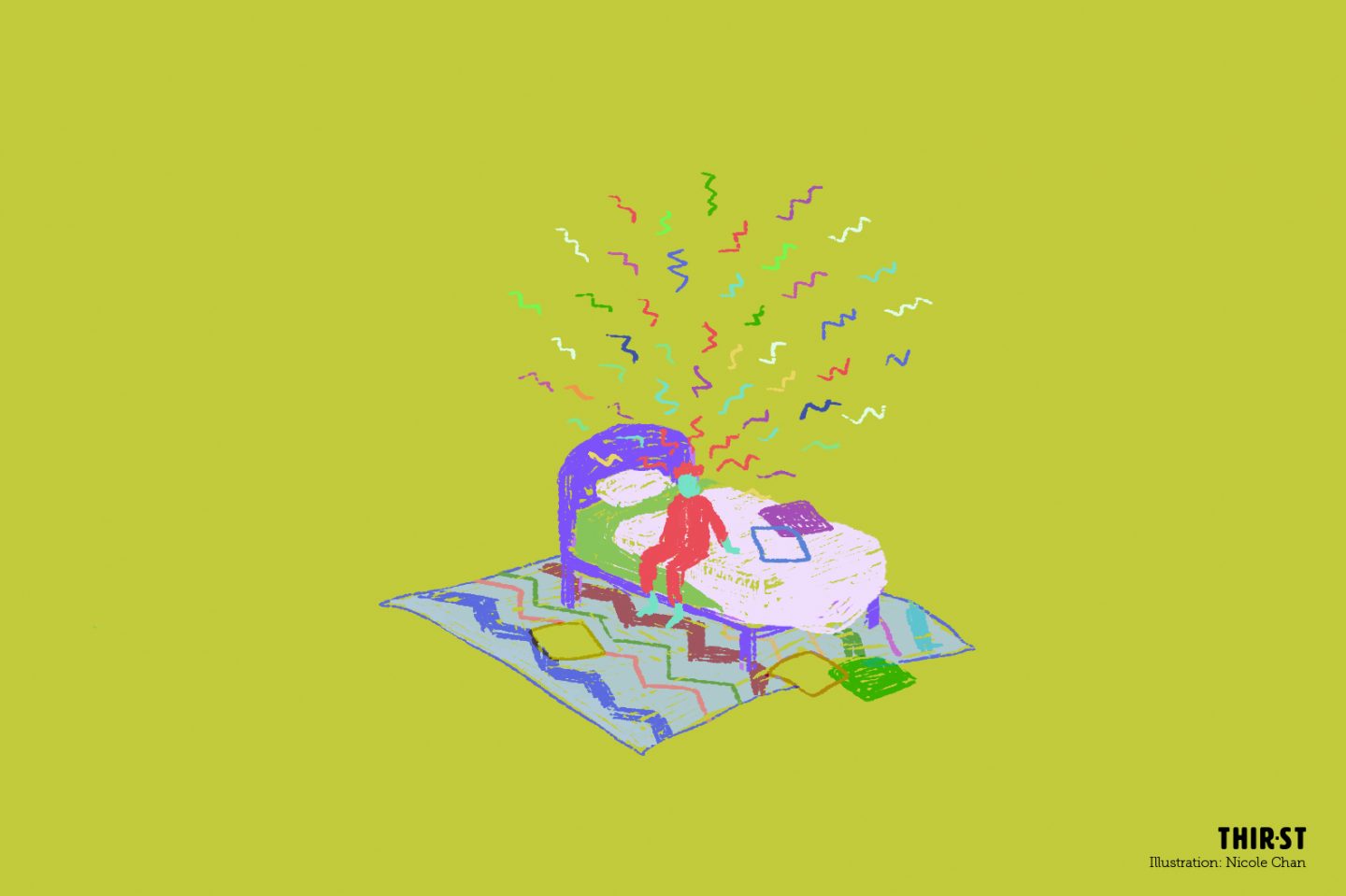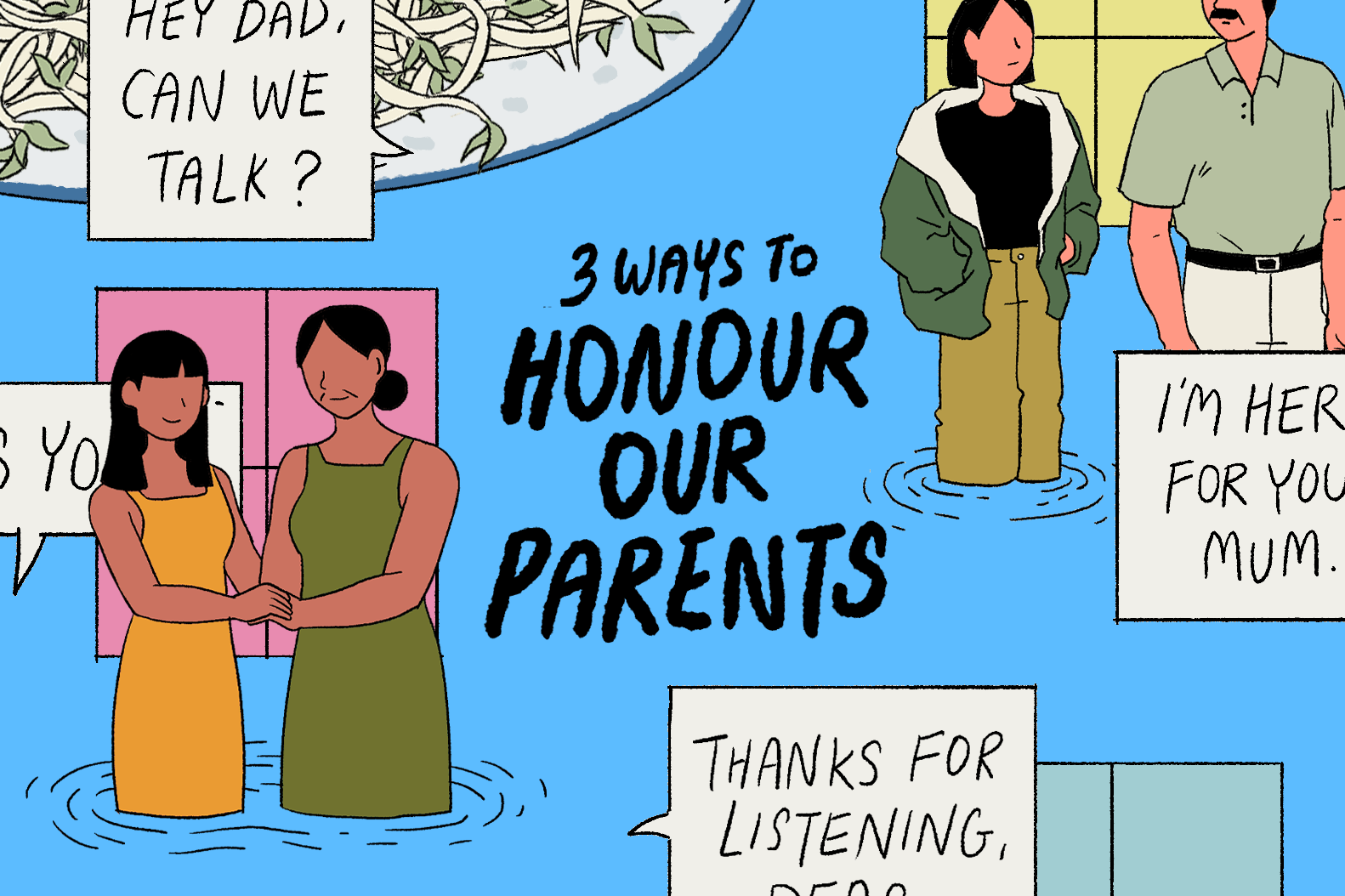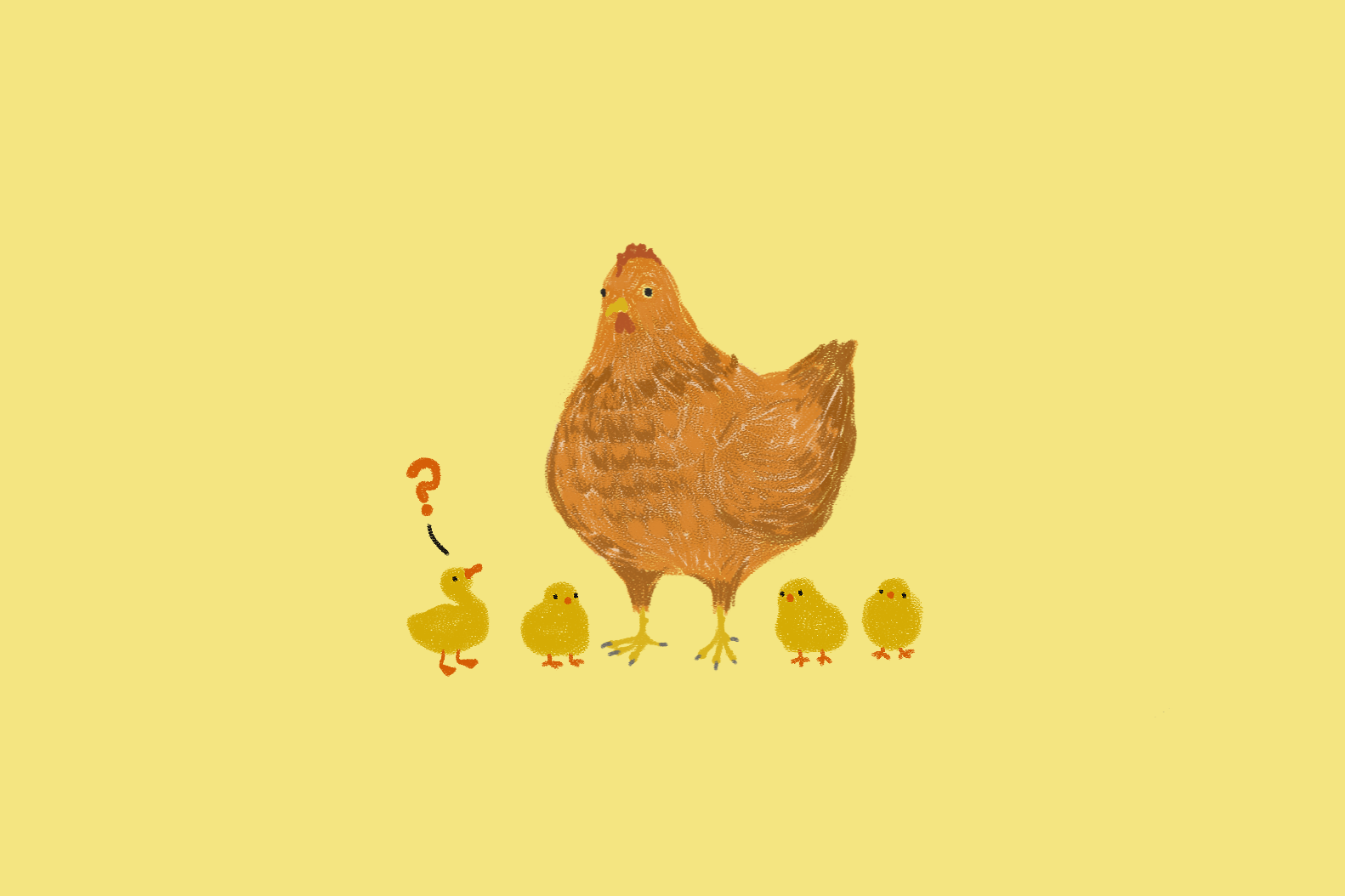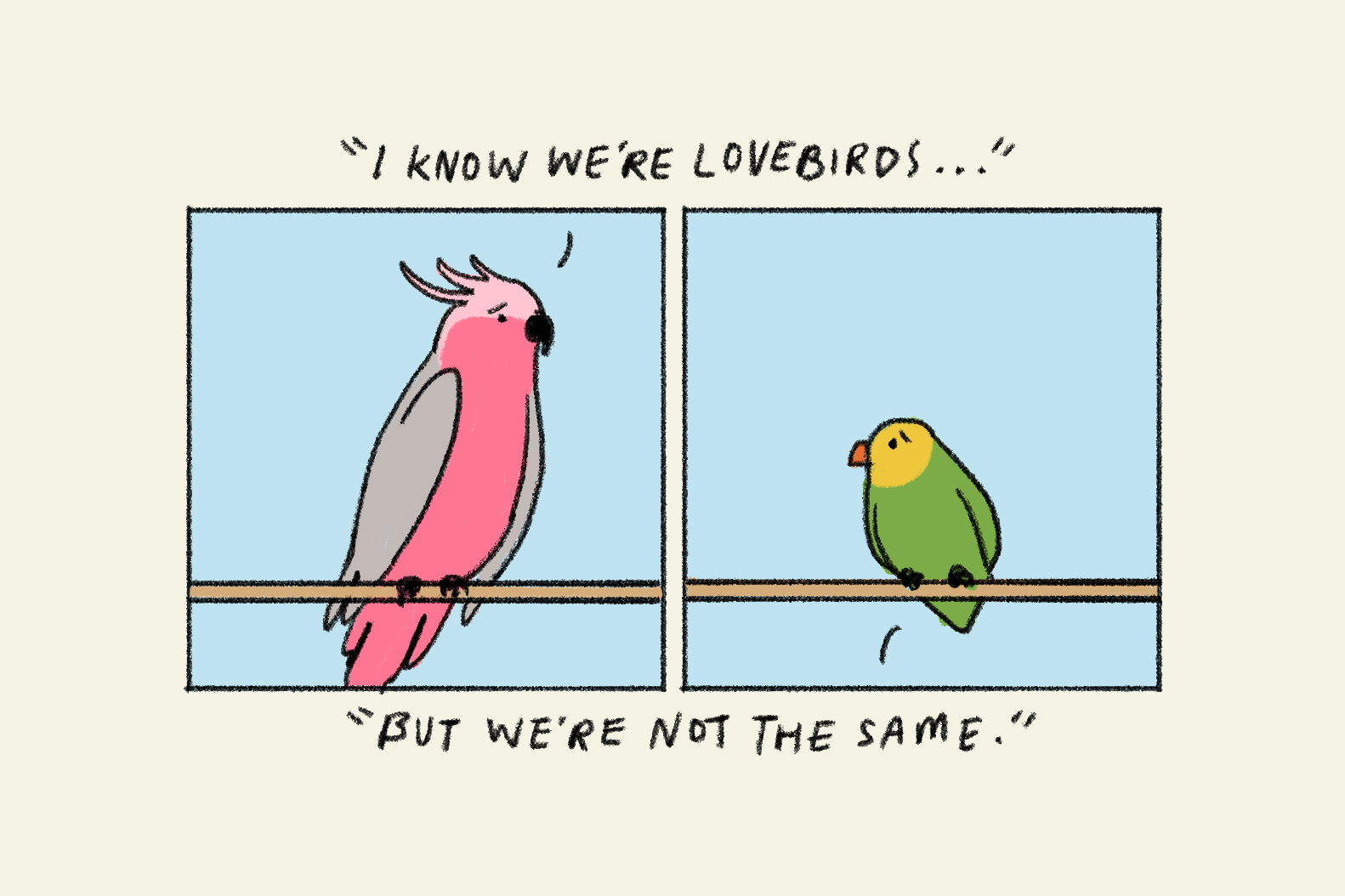I woke up on the wrong side of the bed today. Woke up to find out that my favourite cereal had just been finished by someone else. Found out that the girl I like hadn’t replied the message I sent before I went to bed. Learnt that my investment portfolio had suffered an immense crash overnight. Read on the news that my favourite soccer team had just been kicked out of the league.
We all know that feeling. That feeling of waking up on the wrong side of bed; and the terrible feeling that comes along with it.
I’m an avid soccer fan. A supporter since the tender age of 8. And as I woke up one morning to discover that my favourite team had been knocked out of the Champions League – Europe’s Premier Tournament – I knew I had woken up on the wrong side of bed.
My heart kept sinking deeper with every stride as I headed to work, until a thought flashed across my mind.
Yes, I was disappointed, but could there be a reason why my heart was so despondent upon hearing this news? Why was I even having such an adverse reaction?
At this point, the word “idolatry” floated into my mind. I pondered over it, and as much as it was hard to admit it, I began to realise that idolatry had infiltrated my heart from something seemingly benign – like supporting a football club.
The scary thing is that anyone – not just a soccer fan such as myself – is susceptible to this infiltration. And it often comes from places where you least expect it.
DO NOT MAKE WHAT YOU WANT AN IDOL
Behind almost any sin lies the sin of idolatry, as Tim Keller astutely points out in the Gospel in Life series. It actually does makes a lot of sense. If idolatry is putting something else before God, and sin essentially stems from desiring something else more than our desire to obey God … Isn’t all sin essentially idolatry?
Because it’s easier to put God second as sinful humans; many times we seek to gratify the flesh and its natural cravings – from the physical to the emotional – even if goes against what is written in His Word.
Coincidentally, Our Daily Journey ran a thought-provoking devotional the very same day I mourned the defeat of my favourite soccer club. Entitled “Whose Story?“, it began with a melancholic monologue where the author bemoaned how he’d failed again. Looking inwardly, he lamented about how he’d “given all [he] had, and it wasn’t enough”.
Many times we seek to gratify the flesh and its natural cravings – from the physical to the emotional – even if goes against what is written in His Word.
But as he reflected upon Hebrews 12, which talks about running the race God has set upon him and the calling to fix “our eyes on Jesus, the author and perfecter of faith”, he came to a newfound realisation:“Everything changes when I remember my life has been woven into the one true story of Jesus. My value doesn’t depend on the success of my efforts but on the larger story to which I belong”.
We’ve often been inculcated by a first-world society from young that it’s “all about me”. Life is all about finding personal happiness, an intrinsic meaning for self. And it’s precisely this worldview that often takes a toll on the individual when the we realise we can never find this meaning and happiness in ourselves. Disappointments abound, fears creep in.
Yet, through the Biblical narrative, it is consistent that we are not the main character in this plot. This life is simply not about ourselves. And as the writer of Our Daily Journey confesses humbly: “I self-destruct when I make my family, friends, or career about me.”
GETTING BACK ON THE RIGHT SIDE
Perhaps it’s a concept that’s difficult to grasp immediately. I still vividly remember a story of a wolf who found a frozen mount of blood in the snow. “How nice,” he thought, as he licked the blood curiously. As his appetite grew, he began to lick the blood voraciously, seeking to satisfy his hunger pangs.
However, little did the wolf realise that frozen within the blood was a sharp sword. Soon, the mount of blood stopped shrinking, and instead started growing bigger as fresh red blood dripped from his tongue onto the winter ground. Soon, the wolf lay motionless on the snow.
In this season of life, I confess a deep struggle with social insecurity, a feeling many of us are all too familiar with. It’s the feeling when your friend brushes past you to talk to someone else. Being overlooked in conversations. Getting turned away with a curt answer. It’s these small actions that can mean a big deal and make us feel unwanted.
My identity is not based on how many “good” conversations I can hold or how people view and value me, but on the very Cross where Jesus died so that I could live.
And when this feeling rises up within me, I find myself just like that wolf, my appetite stirred for others’ friendship and approval, as if my identity and worth were determined by them. And time and time again, I’ve only experienced more heartache, pierced deeper by rejection.
But as I meditate upon God’s Word, I am reminded not to place my security in friendships and the approval of others. Remembering that my identity is not based on how many “good” conversations I can hold or how people view and value me, but on the very Cross where Jesus died so that I could live.
Unlike the wolf, Jesus knowingly let himself be pierced for our transgressions. With the Cross, Jesus gently reminds us that our identity is in Him.
Surely, this profound truth is starting to make sense, that the perfect antidote to idolatry is found in Jesus, where our thirst to be fully known and loved is quenched like it was with the Samaritan woman at the well. And I’m on this journey learning that this life is not about me; it’s about the one who loved us so much that He laid down His own life.
Indeed, as the writer of “Whose story?” reminds us: “My value doesn’t depend on the success of my efforts but on the larger story to which I belong.”









